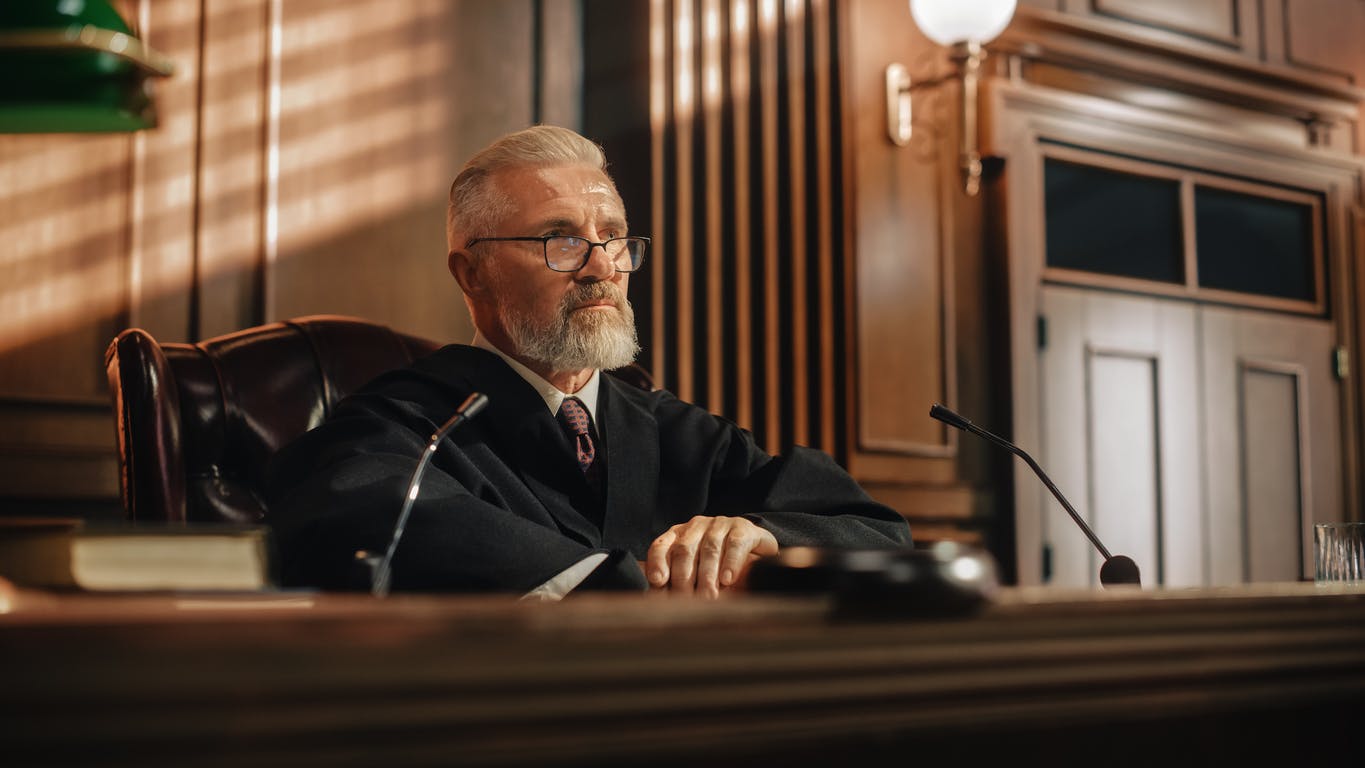The Public Health Advocacy Institute (PHAI) reported that multiple tobacco lawsuits in US Virgin Islands have resulted in verdicts totaling over $100 million. The cases versus R.J. Reynolds Tobacco Co. were filed by the children of deceased smokers who had become addicted to cigarettes as minors.
The Alvarez Law Firm Represents US Virgin Islands Smokers With Health Conditions
If you have experienced health issues as a result of smoking, rest assured that there is a dedicated team ready to support your cause. Taking a strong stance against the tobacco industry, our legal professionals at The Alvarez Law Firm are here to stand by your side and assist you in seeking compensation for the hardships you have endured.
We provide representation to clients with the following health conditions linked to tobacco use:
- Cancers:
-Lung
-Bladder
-Laryngeal (Voice Box)
-Oral (Tongue and Cavity)
-Throat - Cardiovascular Diseases:
-Strokes
-Heart Disease - Respiratory Diseases:
-COPD/Emphysema




